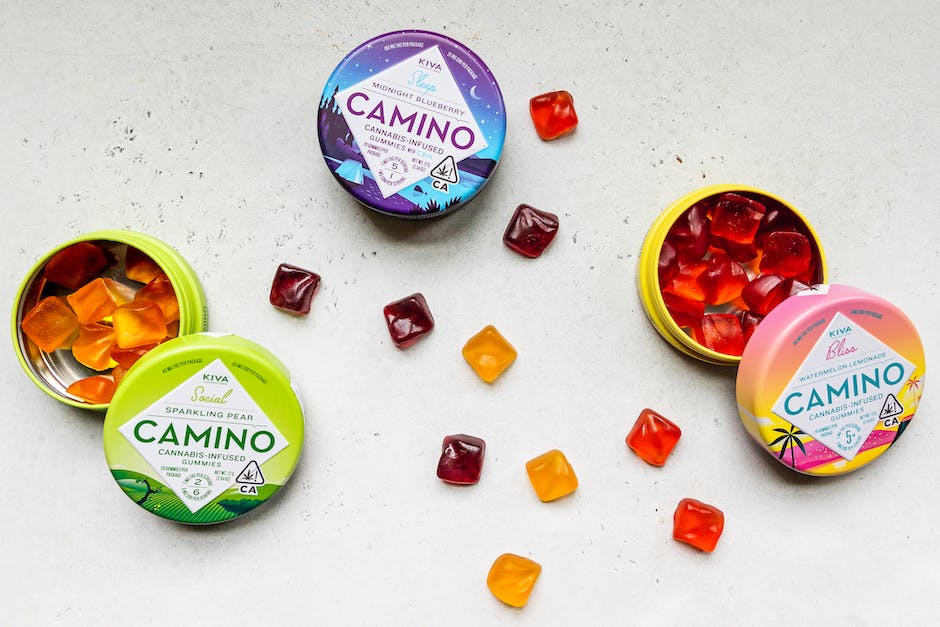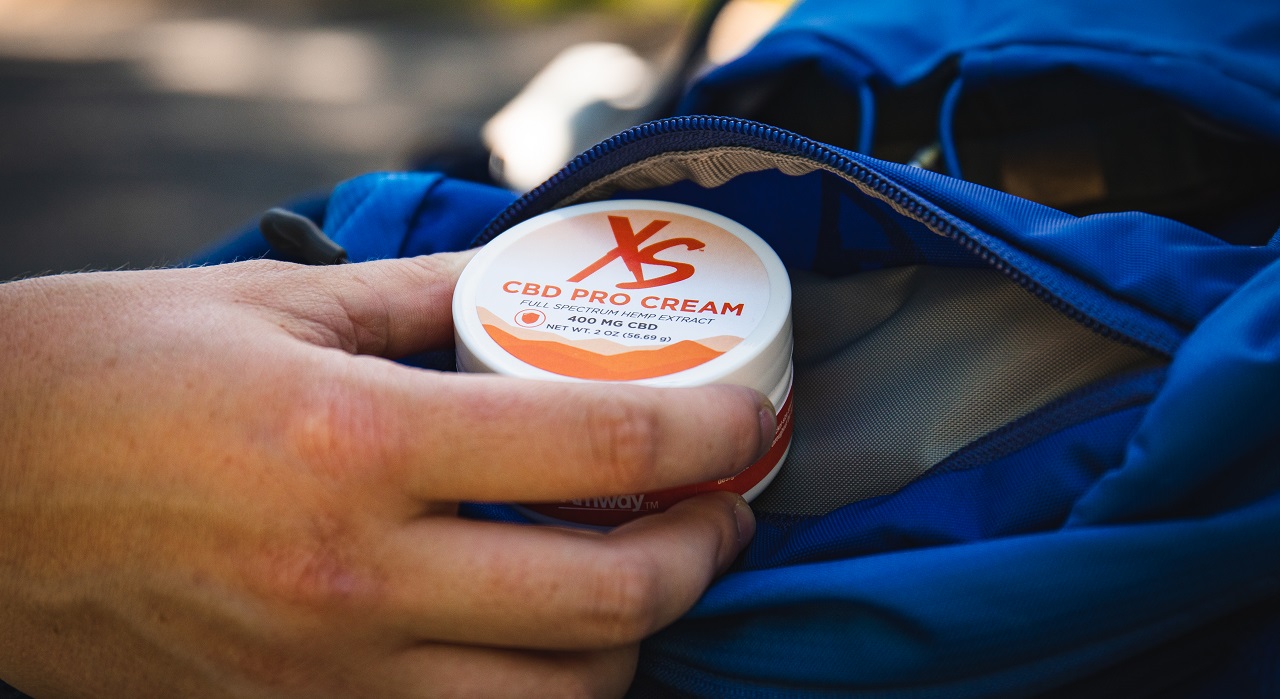Can CBD cause nosebleeds? CBD, or cannabidiol, is a substance found in cannabis plants. Some people use it for medical purposes, while others use it recreationally. CBD is non-intoxicating, meaning it doesn’t cause the “high” associated with marijuana use. Although CBD is generally considered safe, some people have reported side effects, including nosebleeds.
There is no scientific evidence to suggest that CBD oil causes nosebleeds. However, some people who use CBD oil may experience this side effect.
Can CBD cause bleeding?
CBD might increase the levels of warfarin in the body, which could increase the risk for bleeding. If you are taking CBD and warfarin, you should speak to your doctor to see if the medications need to be stopped, or if the dose of warfarin needs to be reduced.
CBD can have an effect on the level of blood thinning and other medicines in your blood by competing for the liver enzymes that break down these drugs. Grapefruit has a similar effect with certain medicines. People taking high doses of CBD may show abnormalities in liver related blood tests.
Does CBD cause blood clots
The data on cannabis and blood clots and strokes is mixed. There is evidence that smoked cannabis activates platelets, which is likely to increase clot risk. However, some studies of cannabis users showed increased clot and stroke risk only among those who smoked tobacco as well.
CBD is a compound found in cannabis plants that has been shown to have many potential health benefits. However, it is important to be aware that CBD also carries some risks.
CBD can cause side effects such as dry mouth, diarrhea, reduced appetite, drowsiness and fatigue. It can also interact with other medications you’re taking, such as blood thinners.
If you’re considering taking CBD, it’s important to speak with your healthcare provider first to make sure it’s right for you.
Does CBD affect blood vessels?
Preclinical studies have suggested that CBD may help to reduce inflammation and improve vascular function. CBD appears to work by reducing inflammation and improving blood flow, which may help to reduce the risk of heart disease and other cardiovascular conditions.
CBD has been shown to have direct effects on isolated arteries, causing both acute and time-dependent vasorelaxation. In vitro incubation with CBD enhances the vasorelaxant responses in animal models of impaired endothelium-dependent vasorelaxation. This suggests that CBD may be a promising therapeutic agent for the treatment of vascular disorders.
When should you not take CBD?
While CBD is generally considered safe, it can cause some unwanted side effects in some people. These side effects include drowsiness, lightheadedness, nausea, diarrhea, and dry mouth. In rare cases, CBD can also cause damage to the liver. If you are taking other medications that have similar side effects, taking CBD with them may increase the risk of experiencing these side effects.
CBD has been reported to interact with several anticonvulsants, including diazepam, lamotrigine, and phenytoin. CBD has also been shown to interact with sedative drugs such as barbiturates and hexobarbital, and narcotics such as codeine and morphine.
Can you take CBD gummies if you are on a blood thinner
CBD drug interactions can be a serious concern, especially for people who take commonly prescribed medications like antidepressants and blood thinners. CBD drug interactions can lead to increased side effects or other problems if left unchecked. It’s important to be aware of the potential risks and to talk to your doctor before starting any new medications, including CBD.
CBD alone does not lead to heart problems. However, CBD is broken down and metabolized by the liver. During this process, it may interfere with your medications for any heart conditions you have.
Does CBD affect your eyes?
Cannabinoids are known to have an effect on the pressure in the eye and the risk of glaucoma. CBD has been shown to spikes the pressure in the eye. The ciliary muscle is involved in the flow in and out off fluid, influencing pressure.
This means that if you take CBD once a day, it will stay in your system for 35 days. If you take it twice a day, it will stay in your system for 17.5 days.
How much CBD is too much for a day
A recent review of research has shown that humans can safely tolerate taking up to 1,500 mg of CBD oil per day. This amount is generally considered to be safe for most people, and it is a good starting point for those who are new to taking CBD oil. It is worth noting that the effects of CBD oil may vary from person to person, so it is always best to start with a small amount and increase as needed.
The FDA is warning that higher doses of CBD could lead to liver injury. This is a potentially serious side effect of taking CBD, and it is important to be aware of it. If you are taking CBD, be sure to talk to your doctor about the potential risks and monitor your liver function closely.
What is considered a high level of CBD?
When it comes to cannabinoids, THC is typically the most abundant, followed by CBD. However, there are high THC strains and high CBD strains. A high THC strain will have a THC content ranging from 12 – 25 percent, with anything at 20 or more being considered very strong. A high CBD strain will have a CBD content level that is 4 percent or higher.
CBD oil may help to relieve some of the symptoms of DVT, such as pain and inflammation, but it will not cure the condition. If you are looking for a natural treatment for DVT, there are many other options available, such as herbal teas and supplements.
Does CBD mess with blood pressure
Cannabidiol (CBD) has shown some promise in reducing blood pressure in people with cardiovascular issues. While more research is needed in this area, CBD may be a helpful addition for people with cardiovascular disease, especially those who are resistant to traditional treatments.
If you have high blood pressure, you should be cautious about using THC or CBD, as they may interact with your medications. A 2011 study found that THC alone or in combination with CBD may sometimes result in an increase in blood pressure. You should always speak to your doctor before using any complementary or alternative treatments.
Does CBD open arteries
CBD hasshown promise in reducing inflammation and improving vasorelaxation in animals, which could potentially benefit cardiovascular health. More research is needed to confirm these effects in humans.
Cannabidiol (CBD) is a potent vasodilator of human pulmonary arteries (HPA). We investigated the mechanisms underlying this effect. Ring Pulmonary Artery (PA) segments were mounted in a wire myograph and CBD (0.01-100 nM) was added cumulatively to generate concentration-response curves (CRCs). In the presence of indometacin (100 mu M), CBD-induced relaxation was abolished. The prostacyclin (PGI2) receptor agonist iloprost (10 nM) relaxed HPA with an EC50 of 3.6 nM. CBD (10 mu M) augmented iloprost-induced relaxation and this effect was blocked by the PGI2 receptor antagonist SQ29,548 (10 mu M). CBD relaxation was also abolished in the presence of the cannabinoid CB1 receptor antagonist/inverse agonist AM251 (1 mu M) or the cannabinoid CB2 receptor antagonist/inverse agonist AM630 (1 mu M), as well as by the vanilloid receptor antagonist/inverse agonist VR1(TRPV1) capsazepine (1 mu M). The GSTP1-1 inhibitor EGCG (1 mu
Do you take CBD every night
CBD oil is a great way to manage chronic pain, anxiety, and sleep problems. It is easier to prevent symptoms from escalating than to try to manage a severe flare-up. CBD oil can help to soothe your nervous system and make it easier to get a good night’s sleep.
If you’re looking for a natural sleep aid, THC or CBD may be a good option. Studies have shown that THC can help people fall asleep faster, but it is also associated with a decrease in overall sleep quality. Therefore, CBD is most likely the better short-term solution for sleep issues as it is linked to improved sleep quality, without the groggy feeling of traditional sleep aids.
Conclusion
There is no definitive answer to this question as the research on the matter is still inconclusive. However, some people have reported experiencing nosebleeds after using CBD products, so it is possible that there may be a link between the two. If you experience any nosebleeds after using CBD, it is advised that you speak to a medical professional to rule out any other potential causes.
There is no evidence that CBD causes nosebleeds. However, since CBD is a vascular modulator, it is possible that it could increase the risk of nosebleeds in people who are already susceptible to them.



